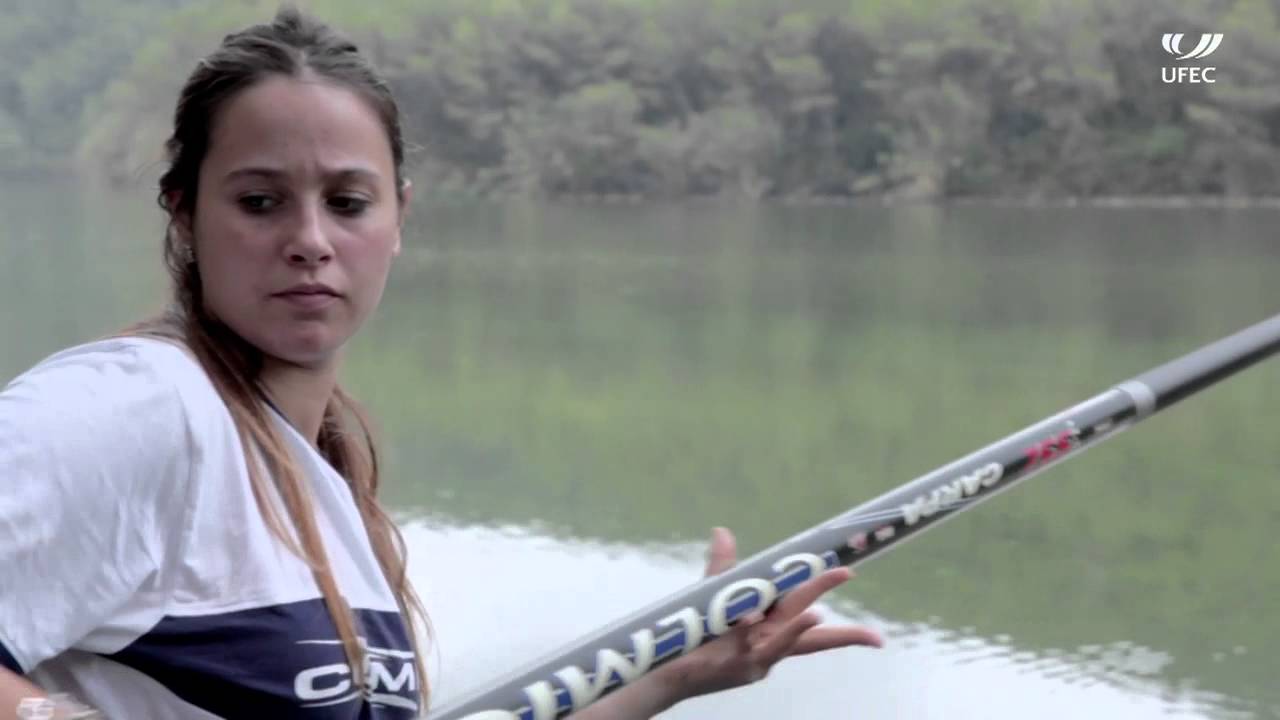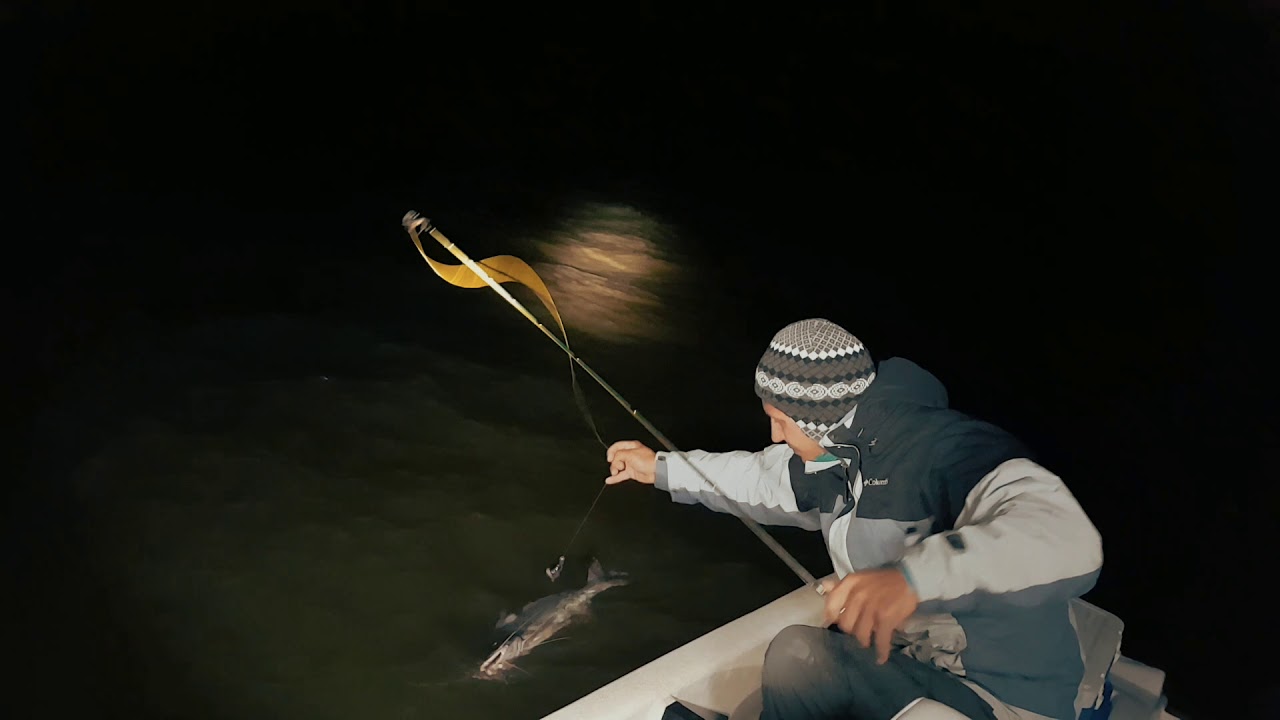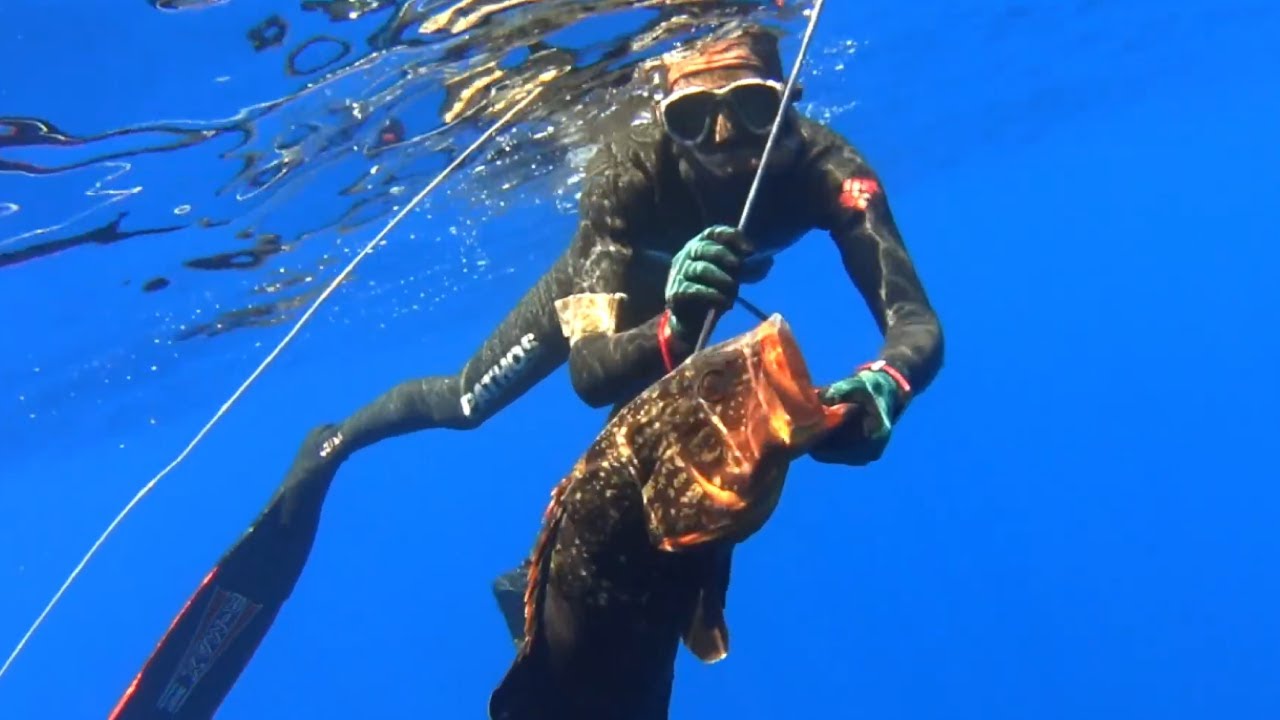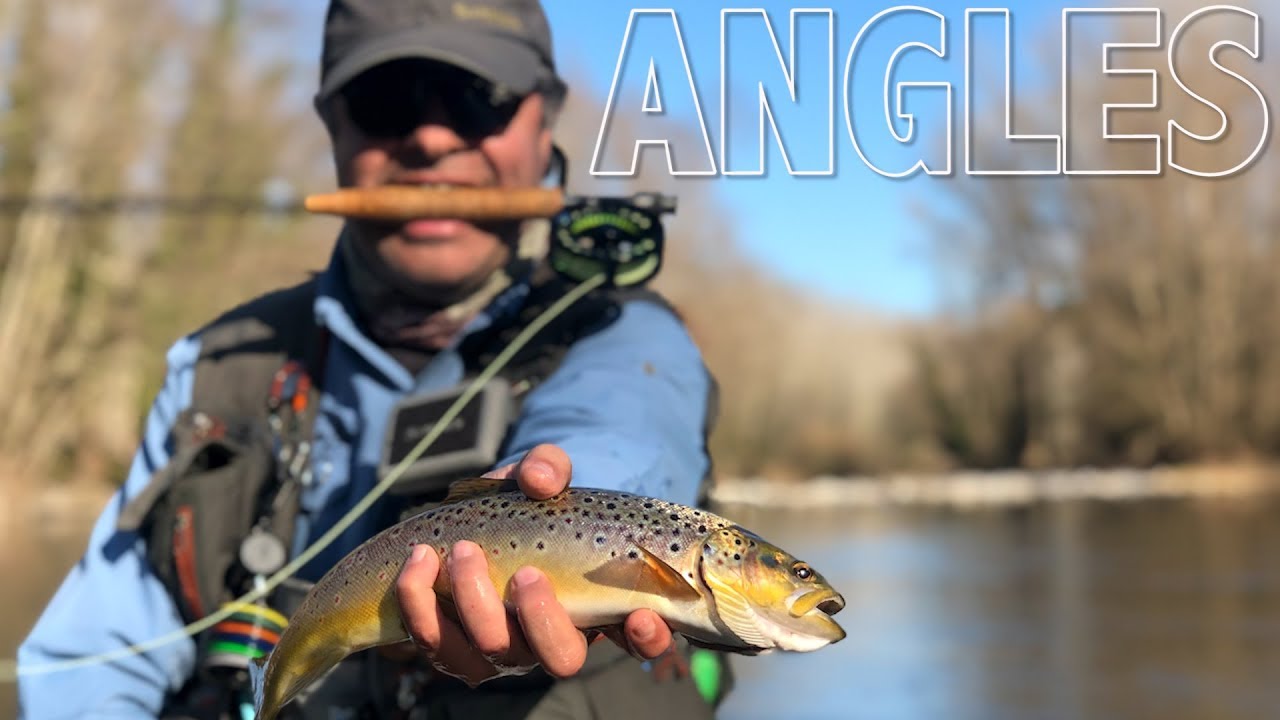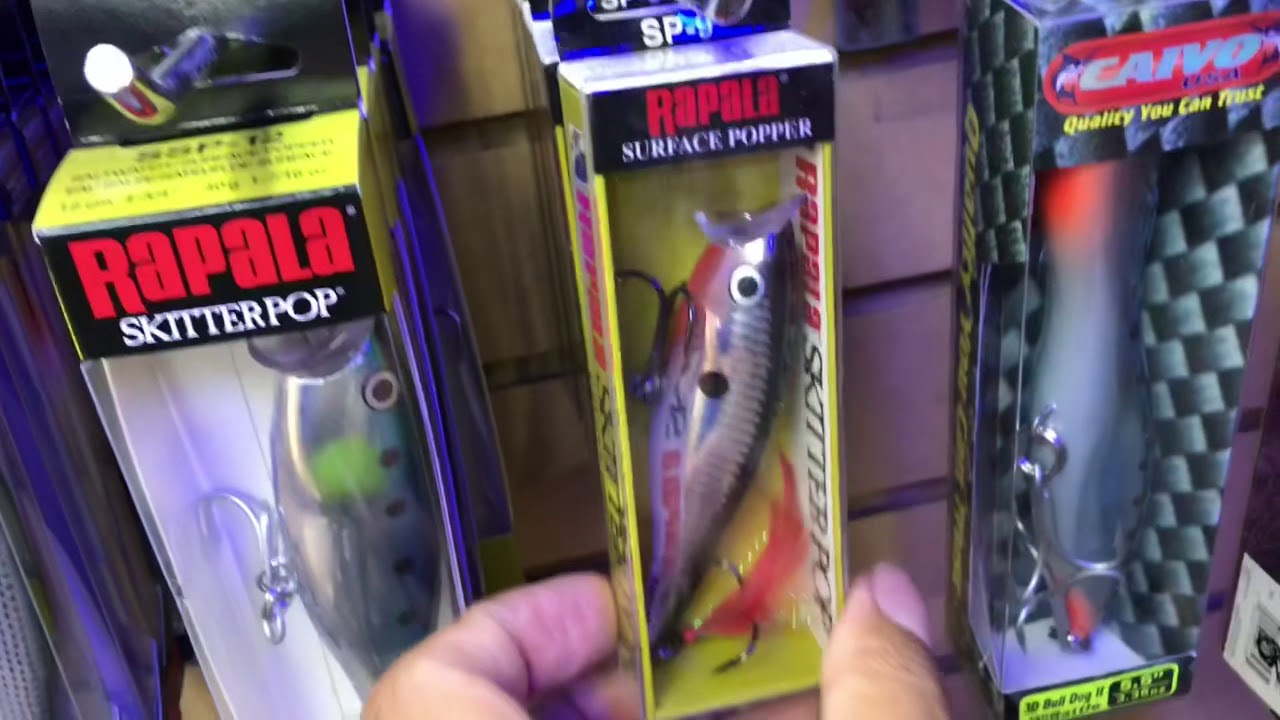Welcome fishing lovers! Today I want to talk to you about a very important topic for all of us who enjoy casting a rod into the sea: the prohibited fishing areas on the beautiful Costa Brava.
The Costa Brava, located in the province of Girona, Catalonia, is recognized for its impressive landscapes and crystal clear waters. However, it is essential to keep in mind that there are areas where fishing is prohibited for different reasons, such as the conservation of species, the protection of fragile ecosystems and the safety of bathers. Respecting these regulations is key to guaranteeing the sustainability of marine resources and the conservation of the environment.
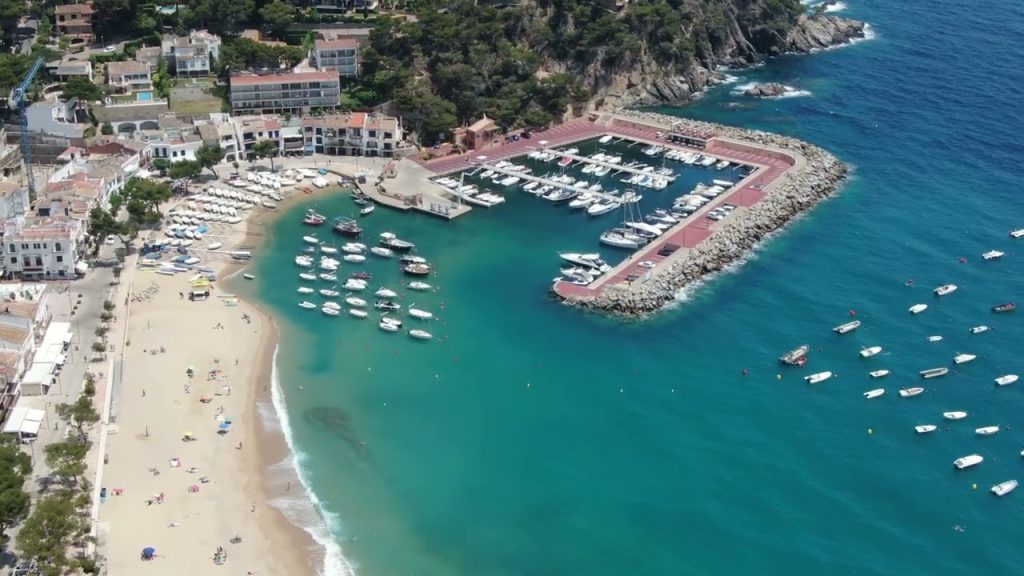
Next, I will mention some prohibited fishing areas on the Costa Brava that we must keep in mind:
- Marine reserves: The Costa Brava has several marine reserves, such as the Medes Islands Marine Reserve, the Cap de Creus Marine Reserve and the Medes and Montgrí Islands Natural Reserve. These areas offer special protection to marine fauna and flora, so fishing is prohibited.
- Bathing areas: There are designated areas for bathers where fishing is completely prohibited. These areas are marked with buoys or beacons and are of vital importance to guarantee the safety of people who enjoy the sea without danger of being hit by a hook or a fishing rod.
- Nesting and reproduction areas: Some coastal areas are privileged habitats for the reproduction and nesting of various marine species, such as birds or fish. To protect these populations, fishing in these places is prohibited during certain periods of the year.
- Protected spaces: The Costa Brava is home to numerous protected natural spaces, such as natural parks and areas of special ecological interest. In these locations, fishing restrictions apply, either prohibiting the activity entirely or placing limitations on permitted fishing techniques and gear.
Check local regulations and respect prohibited fishing areas. Not only will you be avoiding sanctions, but you will be contributing to the conservation of marine resources and helping to preserve marine ecosystems for future generations.

